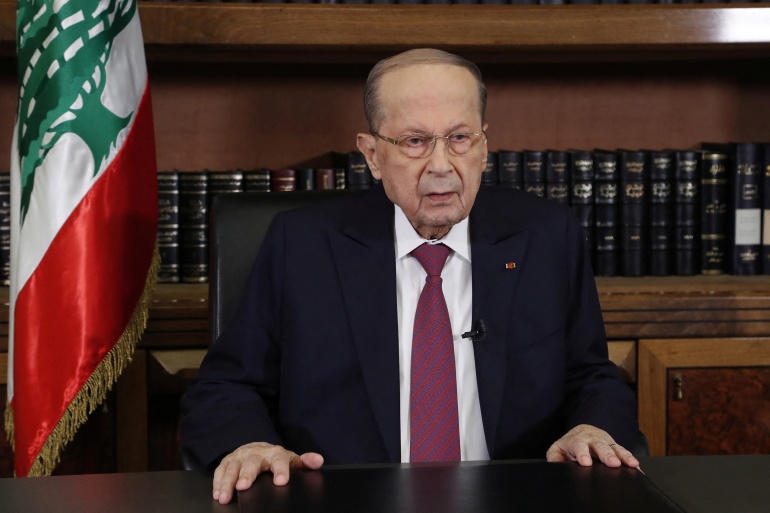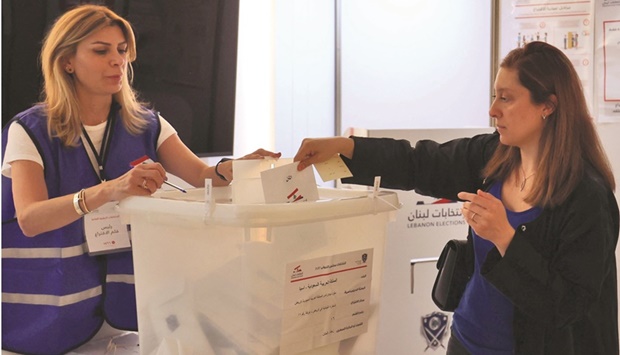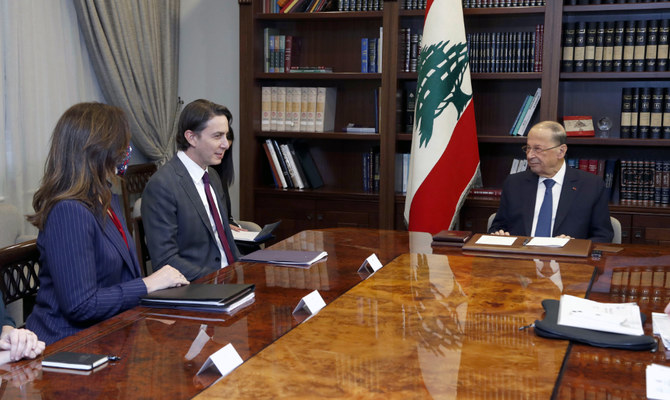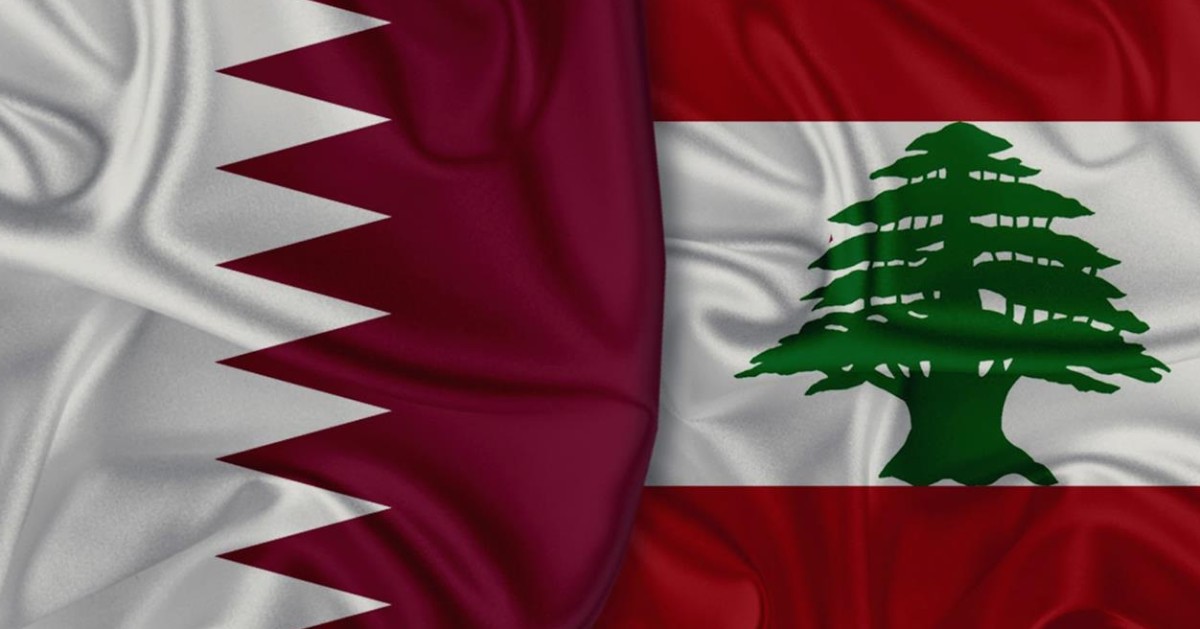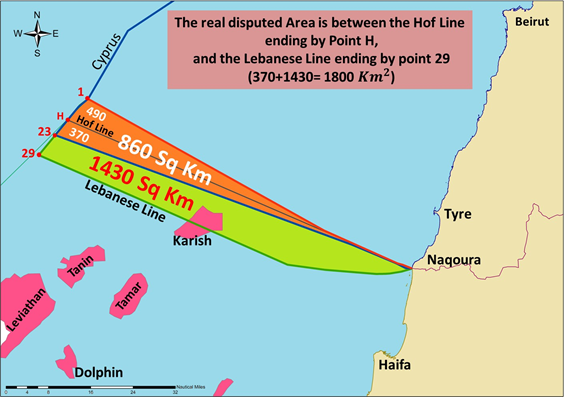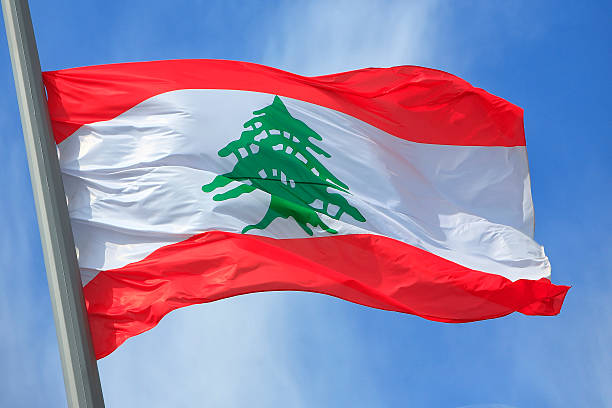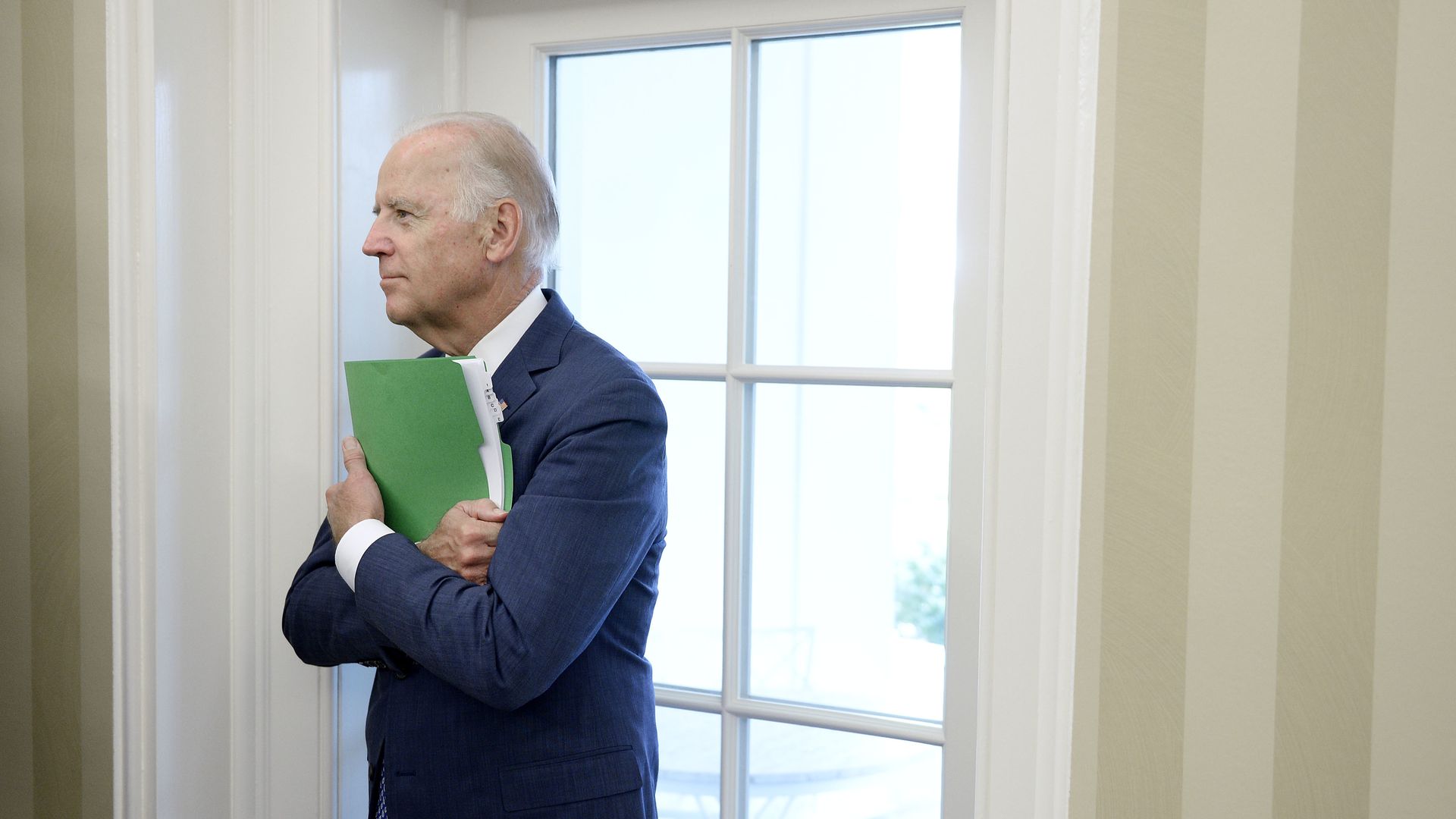
by whitehouse.gov — President Biden transcript: “Today, I am pleased to announce a historic breakthrough in the Middle East. After months of mediation by the United States, the Governments of Israel and Lebanon have agreed to formally end their maritime boundary dispute and establish a permanent maritime boundary between them. I have just spoken with the Prime Minister of Israel, Yair Lapid, and the President of Lebanon, Michel Aoun, who confirmed the readiness of both governments to move forward with this agreement. I want to also thank President Emmanuel Macron of France and his government for their support in these negotiations.
Energy—particularly in the Eastern Mediterranean—should serve as the tool for cooperation, stability, security, and prosperity, not for conflict. The agreement announced by both governments today will provide for the development of energy fields for the benefit of both countries, setting the stage for a more stable and prosperous region, and harnessing vital new energy resources for the world. It is now critical that all parties uphold their commitments and work towards implementation.
This agreement also protects Israel’s security and economic interests critical to promoting its regional integration. It provides Lebanon the space to begin its own exploitation of energy resources. And it promotes the interests of the United States and the American people in a more stable, prosperous, and integrated Middle East region, with reduced risks of new conflicts. “
By voanews.com –– President Joe Biden on Tuesday hailed a U.S.-brokered maritime border agreement between Israel and Lebanon as a “historic breakthrough in the Middle East” that allows cash-strapped Lebanon to explore potential gas deposits in the Mediterranean Sea, while giving Israel more security and stability in the volatile region. “The agreement announced by both governments today will provide for the development of energy fields for the benefit of both countries, setting the stage for a more stable and prosperous region, and harnessing vital new energy resources for the world,” Biden said in a statement. “It is now critical that all parties uphold their commitments and work towards implementation.” The two neighbors have been formally at war for decades and have no official communication, so the deal was brokered over several months by American officials.
Israel discovered the massive deposits off its coast in 2010, but Lebanon raised concerns that the deposits may stretch into Lebanese waters. And Lebanon’s Iran-backed Hezbollah Party has threatened to protect what it claims is its territory. Speaking to journalists, a senior Biden administration official described the agreement as balanced. “This agreement is not a win-lose agreement,” said the official, who asked not to be named, as is common practice when the White House briefs reporters. “The parties are not getting more than the other because they get different things. The win for Israel is around security, stability and economic gain. The win for Lebanon is economic prosperity, economic development, foreign direct investment and hope for an economic recovery.”
